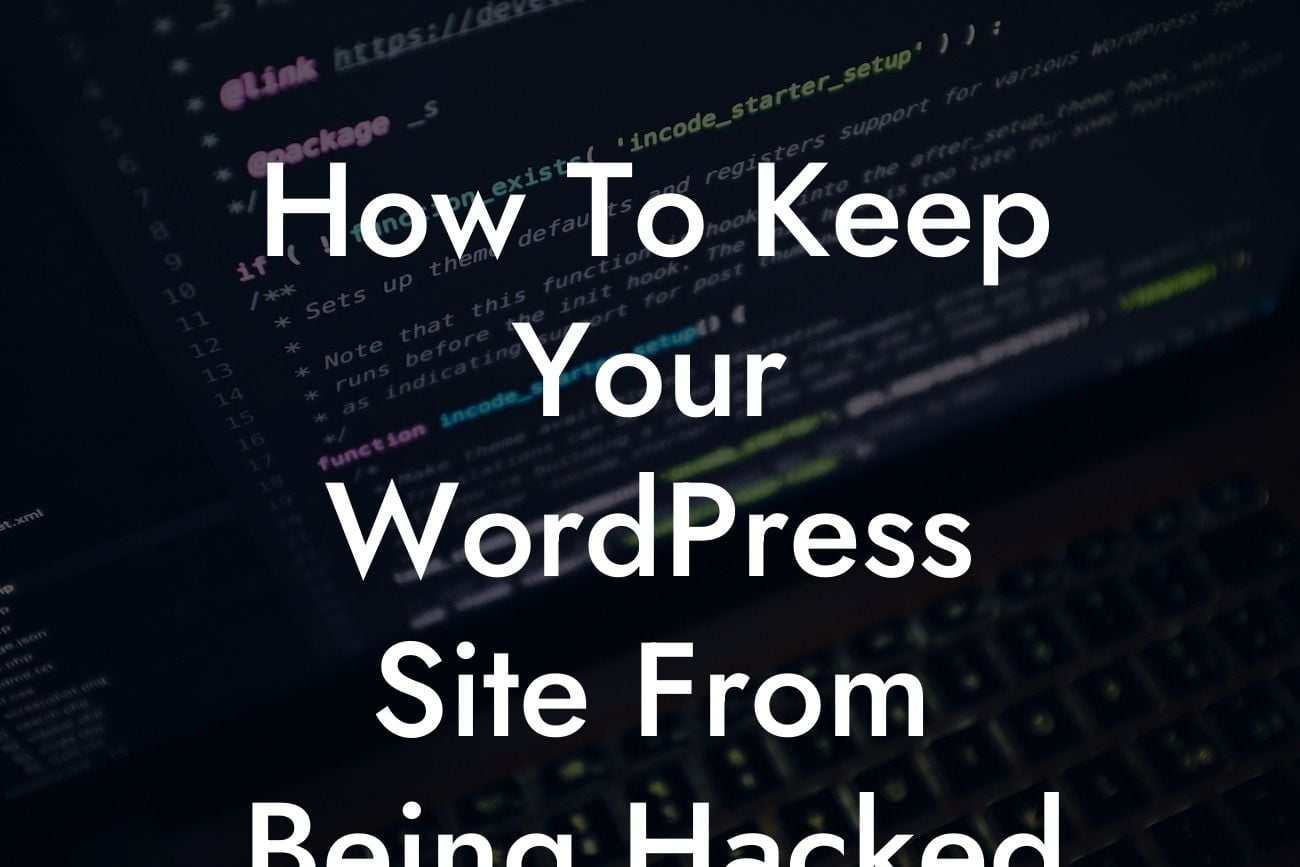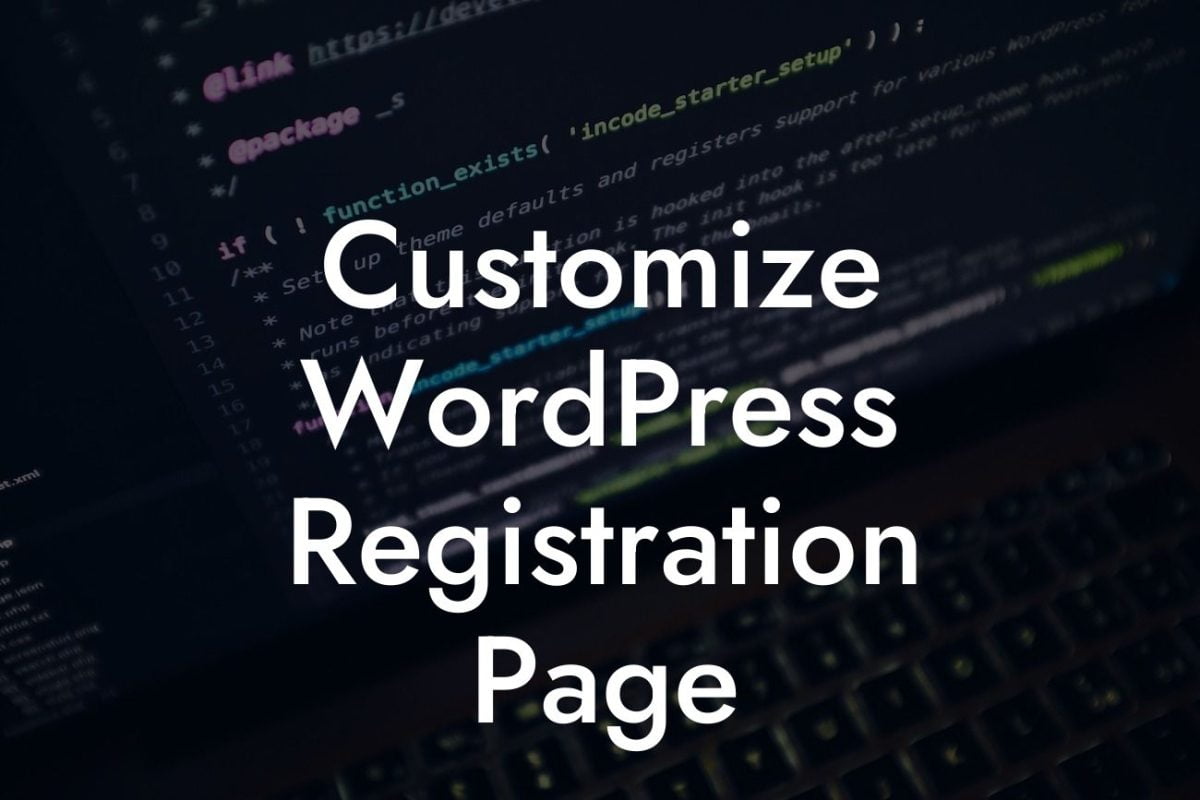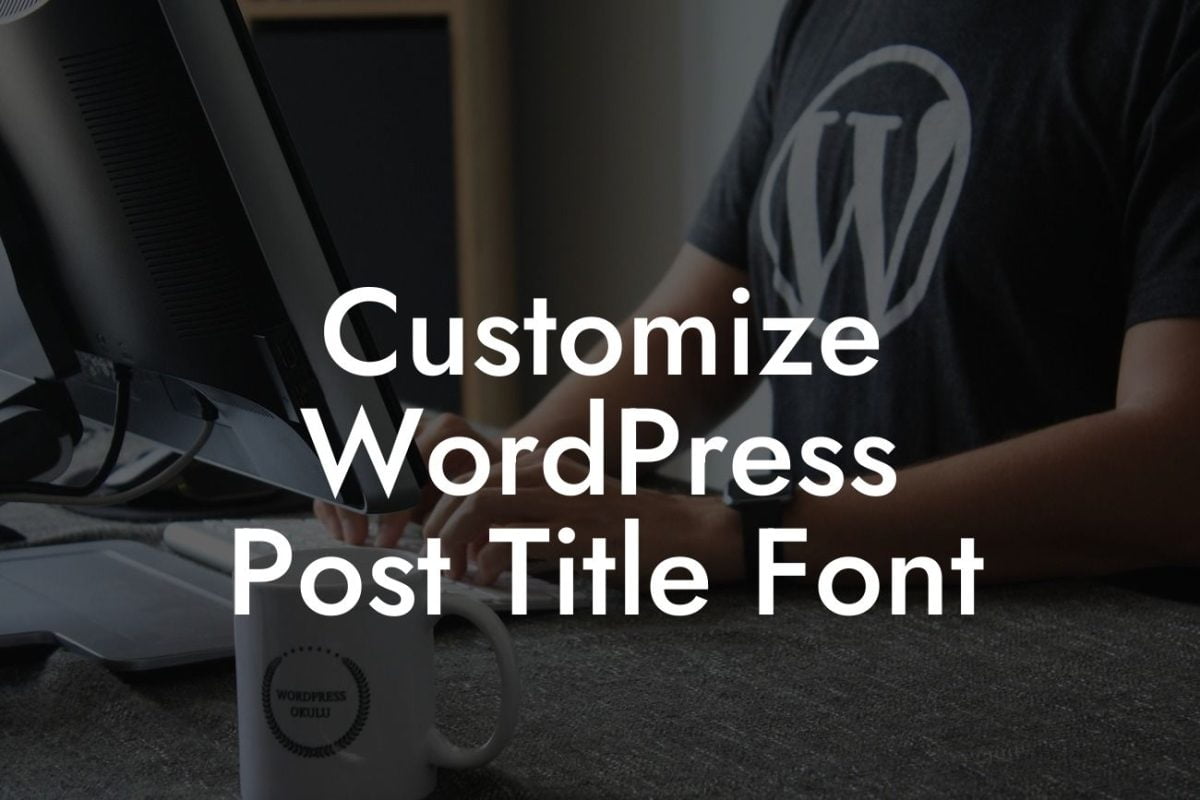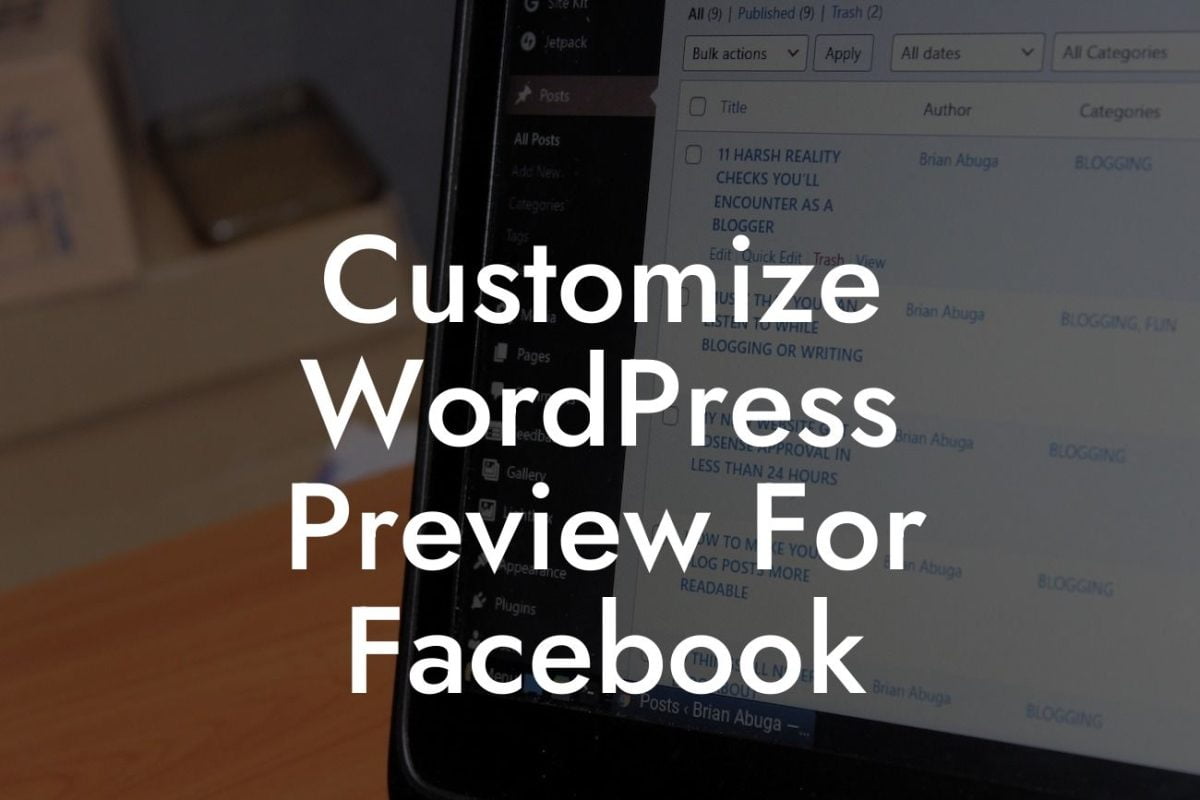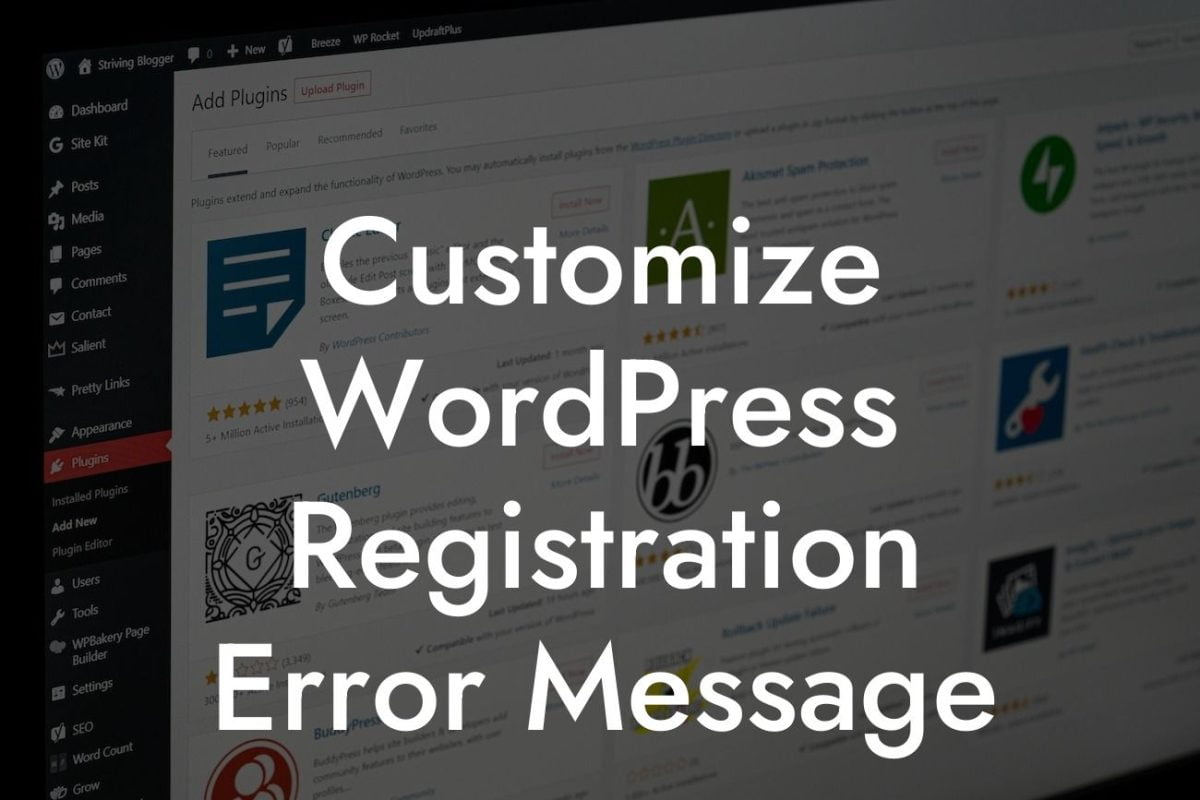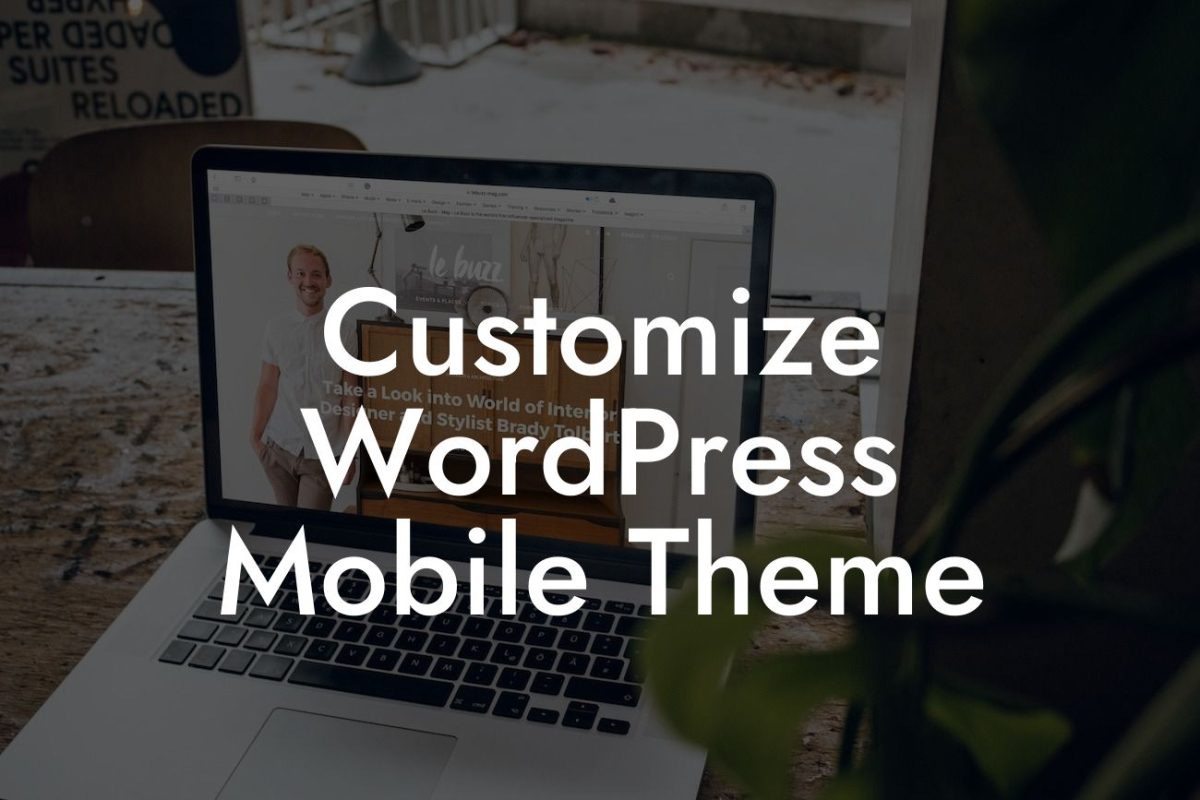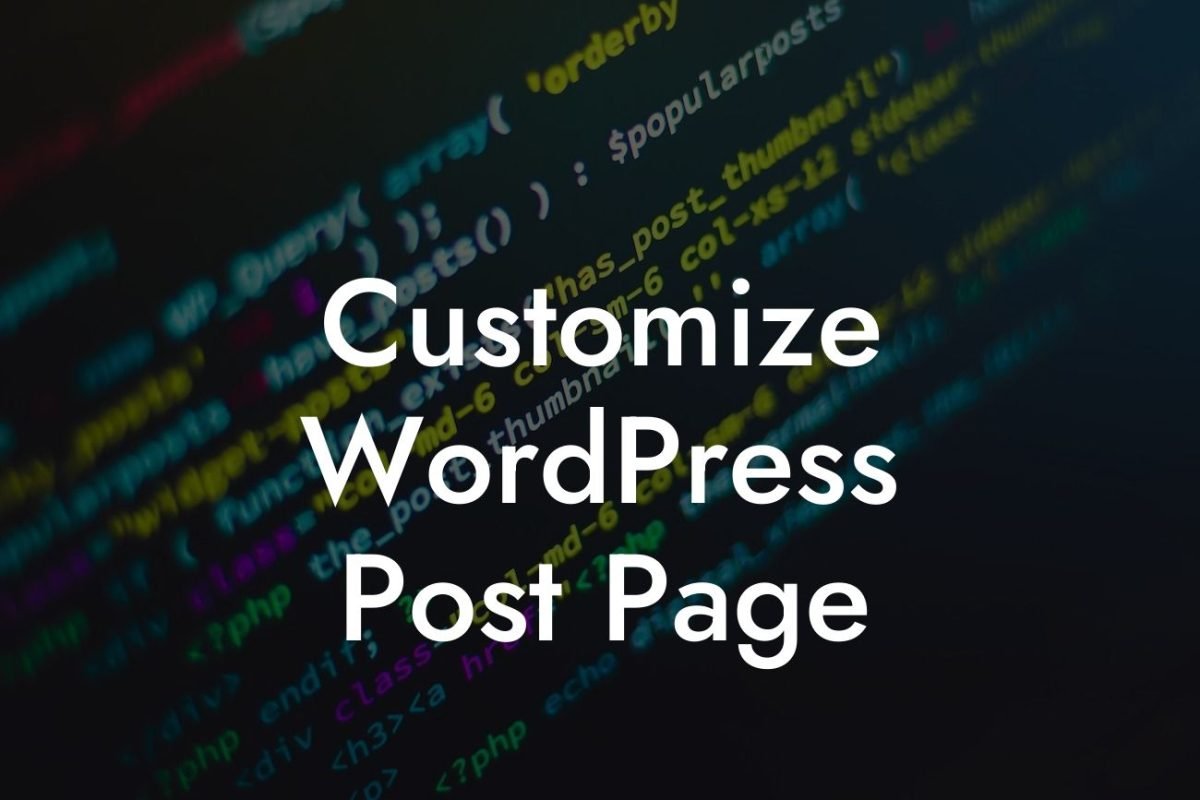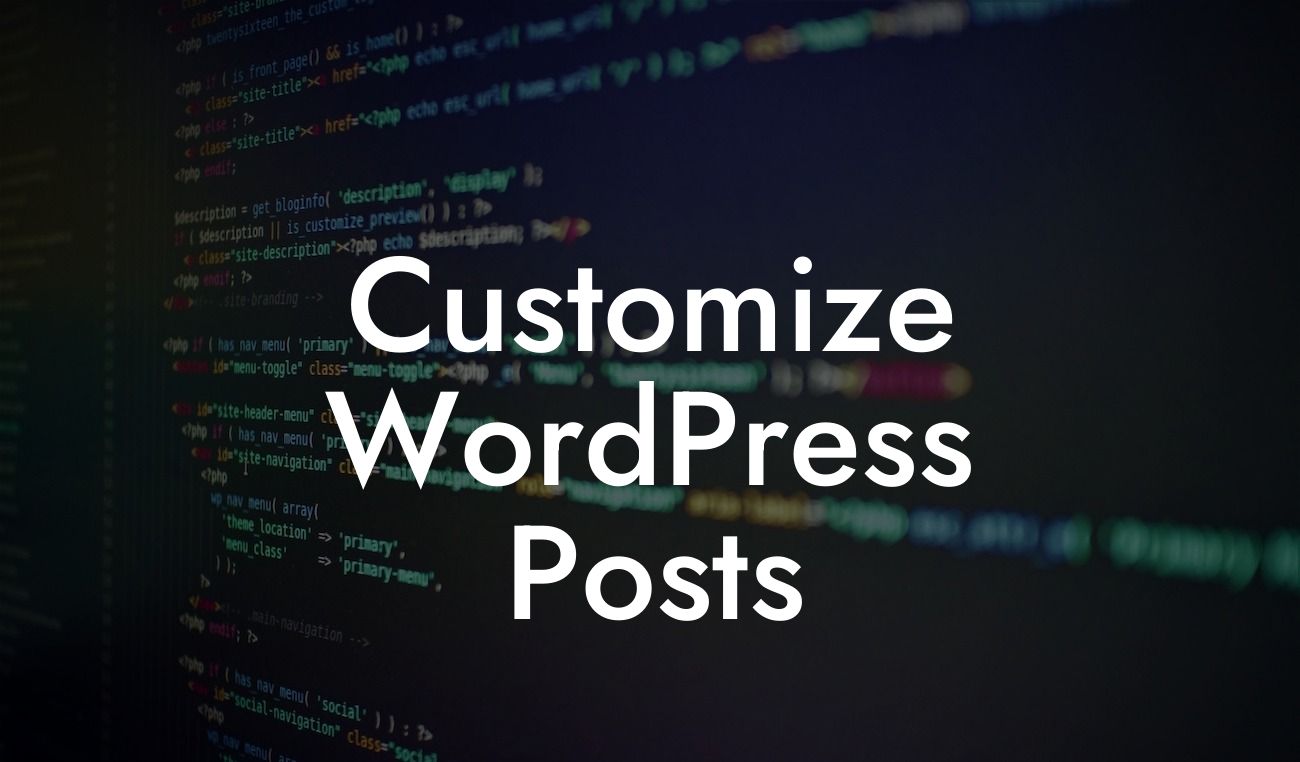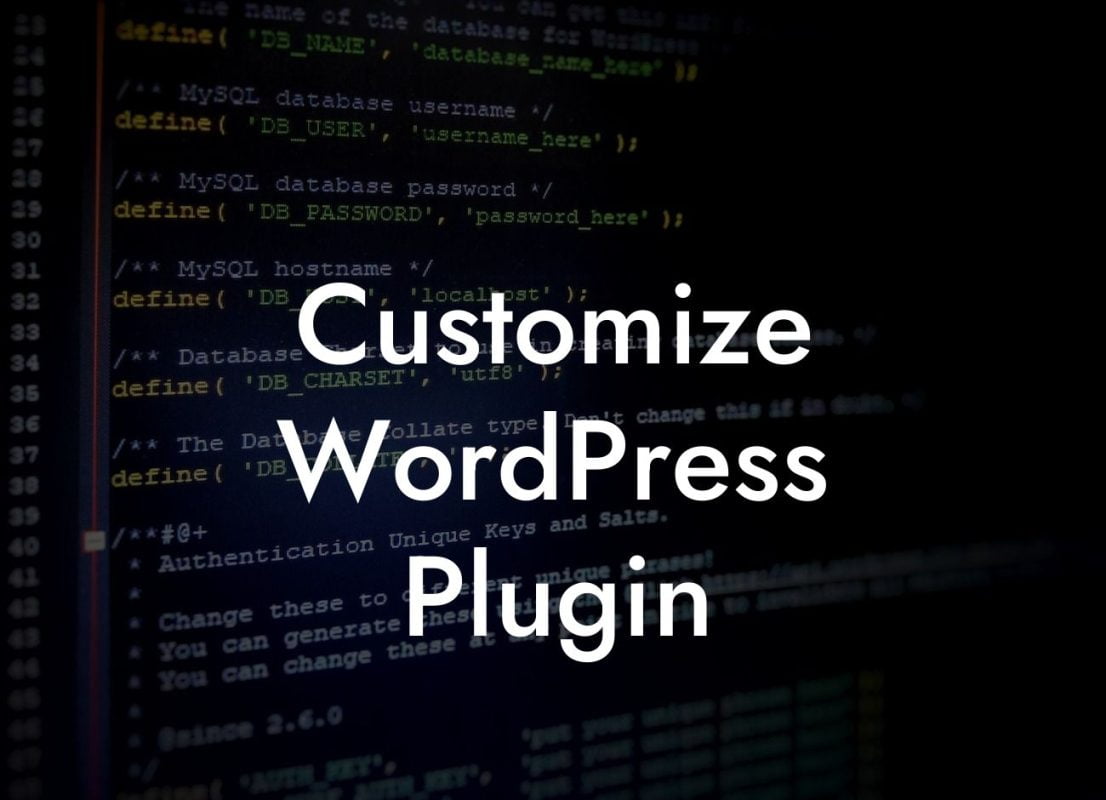With the growing popularity of WordPress, it has become a target for hackers looking to exploit vulnerabilities. As a small business owner or entrepreneur, you cannot afford to overlook the importance of website security. In this comprehensive guide, we will walk you through essential steps to protect your WordPress site from hackers and ensure the safety of your valuable data and sensitive information.
H2 Heading: Understanding Website Vulnerabilities
H3 Heading: Outdated WordPress Core and Plugins
One of the most common reasons for security breaches is the use of outdated WordPress core and plugins. Developers regularly release updates to address vulnerabilities and enhance security. Ensure that you regularly update both the WordPress core and all plugins installed on your website. Failure to do so can leave your site vulnerable to hackers looking for backdoors.
H3 Heading: Weak or Common Passwords
Looking For a Custom QuickBook Integration?
Despite repeated warnings, many website owners still use weak or easily guessable passwords. Avoid using common passwords such as "password123" or "admin." Instead, create strong and unique passwords that include a combination of upper and lowercase letters, numbers, and special characters. Consider using a password manager to securely store and manage your passwords.
H3 Heading: Insufficient User Permissions
Granting excessive user permissions can significantly increase the security risks for your WordPress site. Ensure that every user account is assigned the appropriate role and permissions, limiting access to sensitive areas of your website. Regularly review user accounts and remove any unnecessary or inactive accounts.
H3 Heading: Lack of Regular Backups
Backing up your WordPress site is crucial in the event of a hacking incident or other unforeseen issues. Regularly schedule automated backups of your website, including the database and all files. Store these backups securely offsite, either on cloud storage or another external location.
H3 Heading: Insecure Themes and Plugins
While selecting themes and plugins for your WordPress site, be cautious to choose reputable and well-supported options. Avoid using themes and plugins from untrusted or unreliable sources, as they may contain malicious code that can compromise your website's security. Regularly update your themes and plugins, as developers release security patches and bug fixes.
How To Keep Your Wordpress Site From Being Hacked Example:
Imagine you run an e-commerce store on your WordPress site, selling handmade crafts. Suddenly, you notice unusual activity, unauthorized changes to your website, and customer complaints about stolen data. Upon investigation, you find that your site has been hacked, resulting in a loss of customer trust and potential revenue. As a small business owner, such a scenario can have devastating consequences. That's why implementing proper security measures is crucial.
As a small business or entrepreneur, it's essential to prioritize the security of your WordPress site. By following the steps outlined in this guide, you can significantly reduce the risk of your site being hacked. Explore DamnWoo's exceptional plugins designed exclusively for small businesses and entrepreneurs to elevate your online security and enhance your website's defense against cyber threats. Share this article with others to spread awareness about the importance of website security. Remember, your website's security is in your hands.

